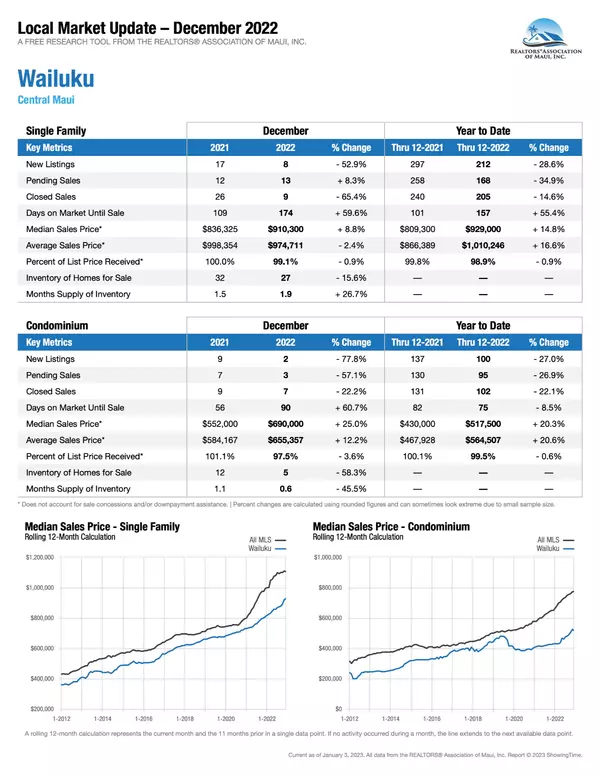Fee Simple vs Leasehold Ownership

Fee Simple vs Leasehold Ownership
Most people only know of one type of real estate ownership; fee simple, also known as freehold. There are a handful of states that have another form of ownership known as leasehold.
The difference in these two types of land tenure is very different and affects the value of the real estate. It is important to know the difference, especially if you're buying real estate in a leasehold state (i.e. Hawaii, New York, Florida).
What is the difference between leasehold and fee simple?
FEE SIMPLE: Fee simple
LEASEHOLD: A leasehold interest is created when a fee simple land-owner (Lessor) enters into an agreement or contract called a ground lease with a person or entity (Lessee). A Lessee gives compensation to the Lessor for the rights of use and enjoyment of the land much as one buys fee simple rights; however, the leasehold interest differs from the fee simple interest in several important respects. First, the buyer of leasehold real estate does not own the land; they only have a right to use the land for a pre-determined amount of time. Second, if leasehold real estate is transferred to a new owner, use of the land is limited to the remaining years covered by the original lease. At the end of the pre-determined period, the land reverts back to the Lessor and is called reversion. Depending on the provisions of any surrender clause in the lease, the buildings and other improvements on the land may also revert to the lessor. Finally, the use, maintenance, and alteration of the leased premises are subject to any restrictions contained in the lease.
Important Leasehold terms to know:
- Lease Term - The length of the lease period (usually 55 years or more)
- Lease Rent - The amount of rent paid to the Lessor for use of the land
- Fixed Period - The period in which the lease rent amount is fixed
- Renegotiation Date - Date after the fixed period that the lease rent is renegotiated
- Expiration Date - The date that the lease ends
- Reversion - The act of giving back the property to the Lessor
- Surrender - Terms of the reversion
- Leased Fee Interest - An amount a Lessor will accept to convey fee simple ownership
Also for out-of-state residents, there is a tax when you sell.
HARPTA is an acronym for “Hawaii Real Property Tax Act”. This is a Hawaii State law that requires a withholding of 7.25% of the sales price. (UPDATED! increased from 5% as of 2018) 7.25% of the sales price, not 7.25% of the gains realized. This is 7.25% of the sales price from the seller when the seller is an out-of-State resident. When the seller is not a resident of Hawaii. When the seller is an out-of-State resident. Now, there are some definitions on who is a Hawaii resident and who is a non-Hawaii resident, or an out-of-State resident, I should say. We can take a look at that at another time. Sellers may recoup some of the withholdings beyond the applicable capital gains tax by filing the appropriate form.
Let us know how we can help!
Categories
Recent Posts




